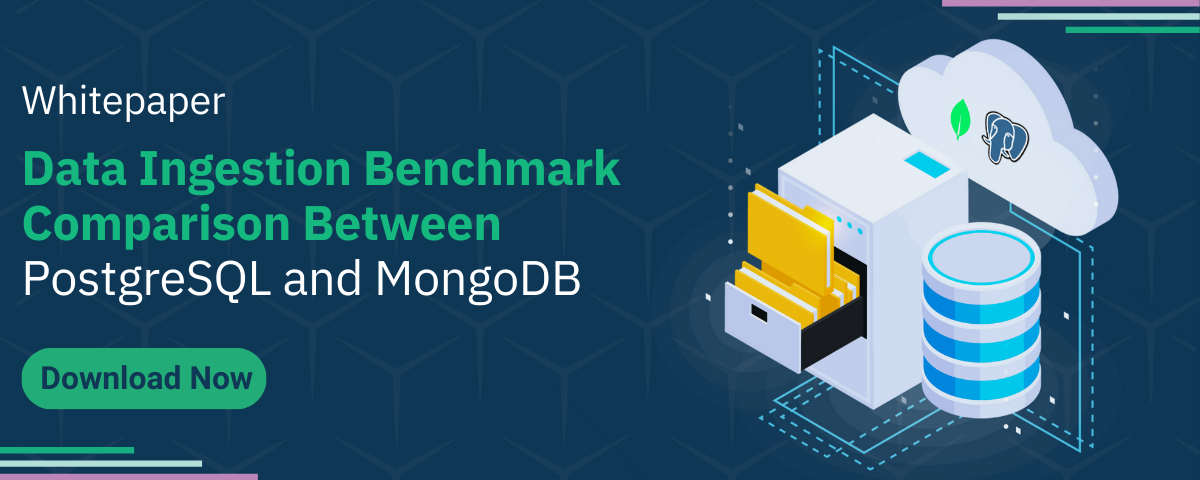Bridging Data Silos and Accelerating Insights
In today’s data-driven world, organizations often grapple with data residing in multiple, disparate databases. This fragmentation can hinder seamless analysis and decision-making. However, PostgreSQL offers a powerful tool to address this challenge: postgres_fdw.
What is postgres_fdw?
postgres_fdw, short for PostgreSQL Foreign Data Wrapper, is a built-in extension that allows you to seamlessly access and query data stored in external PostgreSQL databases as if it were local to your current database. This means you can create views, join tables, and perform complex queries across multiple databases without the need for manual data integration or replication.
Key Benefits of postgres_fdw
Data Integration and Consolidation
postgres_fdw allows you to integrate data from various sources into a single PostgreSQL database. This consolidation simplifies data management, streamlines queries, and provides a unified view of your information.
Scalability and Load Balancing
By distributing queries across multiple databases, postgres_fdw optimizes workload distribution, preventing bottlenecks and ensuring efficient utilization of resources. This scalability is crucial for handling growing datasets and increasing user demands.
Cost-Effective Solutions
Instead of investing in a monolithic, high-powered database server, postgres_fdw enables cost-effective solutions by distributing data across multiple servers. This approach allows you to utilize lower-cost hardware while achieving performance gains through parallel query processing.
Real-time Analytics
For businesses requiring real-time analytics on large datasets, postgres_fdw shines. Distributing query processing enhances the speed of data retrieval and analysis, providing near-instantaneous insights.
Cross-Database Joins
postgres_fdw allows you to perform joins across databases effortlessly. This is especially useful when dealing with relational data that spans multiple systems.
Drawbacks and Considerations
While the advantages are compelling, it is essential to be aware of potential drawbacks when considering the implementation of postgres_fdw.
Complexity in Query Planning
Distributed query planning can be intricate, requiring a solid understanding of both the source and target databases. In some scenarios, the planner may not generate the most efficient plan, leading to suboptimal performance.
Network Latency
While PostgreSQL_fdw provides excellent functionality, there can be a performance overhead when executing queries across remote databases. The latency introduced by network communication can impact query response times.
Security Concerns
When dealing with distributed data, security is paramount. postgres_fdw relies on trust between databases, and managing secure communication between them becomes crucial. Careful consideration of security measures is necessary to prevent unauthorized access and data breaches.
Limited Functionality Support
Certain advanced features and functions in PostgreSQL may not be fully supported in a distributed environment. It’s important to assess your specific use case and ensure that the features you require are compatible with postgres_fdw.
When to Use postgres_fdw
Determining when to leverage the power of postgres_fdw depends on your specific use case and requirements. Consider the following scenarios where postgres_fdw proves to be exceptionally beneficial:
Data Warehousing
If you’re dealing with large datasets and require efficient data warehousing capabilities, postgres_fdw can help distribute the workload and accelerate query processing.
Multi-Database Integration
When managing data across multiple databases is essential for your business processes, postgres_fdw provides a seamless solution. It enables you to access and query data from various sources as if they were part of a single database.
Horizontal Scaling Requirements
For applications experiencing increasing loads and demanding horizontal scaling, postgres_fdw facilitates the distribution of queries across multiple servers, ensuring optimal performance.
When to Avoid postgres_fdw
While postgres_fdw is a powerful tool, there are situations where its implementation may not be ideal:
Low Latency Requirements
Applications requiring extremely low-latency responses may find that the overhead introduced by distributed query processing in postgres_fdw is not suitable for their needs. In such cases, a more traditional, centralized approach might be preferable.
Limited Network Bandwidth
If your network infrastructure has limited bandwidth, the communication overhead between the PostgreSQL server and the foreign servers may result in performance degradation. Assess your network capabilities before opting for postgres_fdw in such scenarios.
Transactional Consistency Requirements
In applications where strong transactional consistency across distributed data is non-negotiable, postgres_fdw might not be the best fit. Consider alternative solutions that prioritize transactional integrity over distributed query processing.
Configuration Parameters for Performance Tuning
To harness the full potential of postgres_fdw and ensure optimal performance, careful configuration is essential. Here are key parameters to consider (this is not a comprehensive list):
fdw_sort_threshold and fdw_sort_cost_limit
These parameters determine when a sort operation is performed on the foreign server rather than locally. Adjusting them can significantly impact query performance, especially for large datasets.
fdw_join_pushdown
Enabling join pushdown allows postgres_fdw to push join operations to the foreign server, reducing the amount of data transferred between servers. This can significantly improve performance for join-heavy queries.
fdw_join_cost_limit
This is a cost-related parameter that influences the query planner’s decision to perform join operations locally or to push them down to the postgres_fdw for remote execution. Lower values encourage more remote joins and higher values favor local joins. The optimal value depends on hardware capabilities, network latency, dataset size, & workload patterns.
fdw_parallel_workers
For parallel query processing, set the number of parallel workers appropriately. This parameter controls the degree of parallelism for queries involving foreign tables, enhancing performance for parallelizable workloads.
fdw_startup_cost and fdw_tuple_cost
Adjusting these cost-related parameters influences the query planner’s decision-making process. Fine-tune these values based on the characteristics of your foreign tables to guide the planner toward optimal query plans.
fdw_fetch_size
This parameter controls the number of rows fetched from a foreign table in each batch when retrieving data using a foreign data wrapper. Lower values reduce memory usage per batch but increase network round trips for larger data sets. Higher values fetch more rows per network round trip but increase memory usage and may impact other queries running concurrently.
fdw_max_pushdown_for_outer_rel
When dealing with outer joins with a foreign table, this parameter determines the maximum number of join conditions that can be pushed down to the foreign server. Carefully set this parameter to balance the load between local and foreign servers.
Best Practices for Optimizing postgres_fdw Performance
- Filter Data Remotely: Use WHERE clauses and other filters to minimize data transfer between databases.
- Utilize Indexes: Ensure proper indexing on foreign tables to accelerate query execution.
- Leverage Materialized Views: Cache frequently queried data locally for faster access.
- Monitor Performance: Regularly assess query performance and adjust configuration parameters as needed.
Conclusion
postgres_fdw stands as a robust solution for enhancing the performance and scalability of your PostgreSQL environment. By intelligently distributing queries across multiple databases, it addresses the challenges of growing datasets and increasing user demands. While it comes with its set of complexities and considerations, its benefits in data integration, scalability, and cost-effectiveness make it a valuable tool in the PostgreSQL ecosystem.
Before implementing postgres_fdw, carefully assess your specific use case, considering factors such as security, query complexity, and transactional requirements. By understanding the benefits, drawbacks, and optimal use cases, you can make informed decisions to leverage the power of postgres_fdw and elevate your database performance to new heights.





